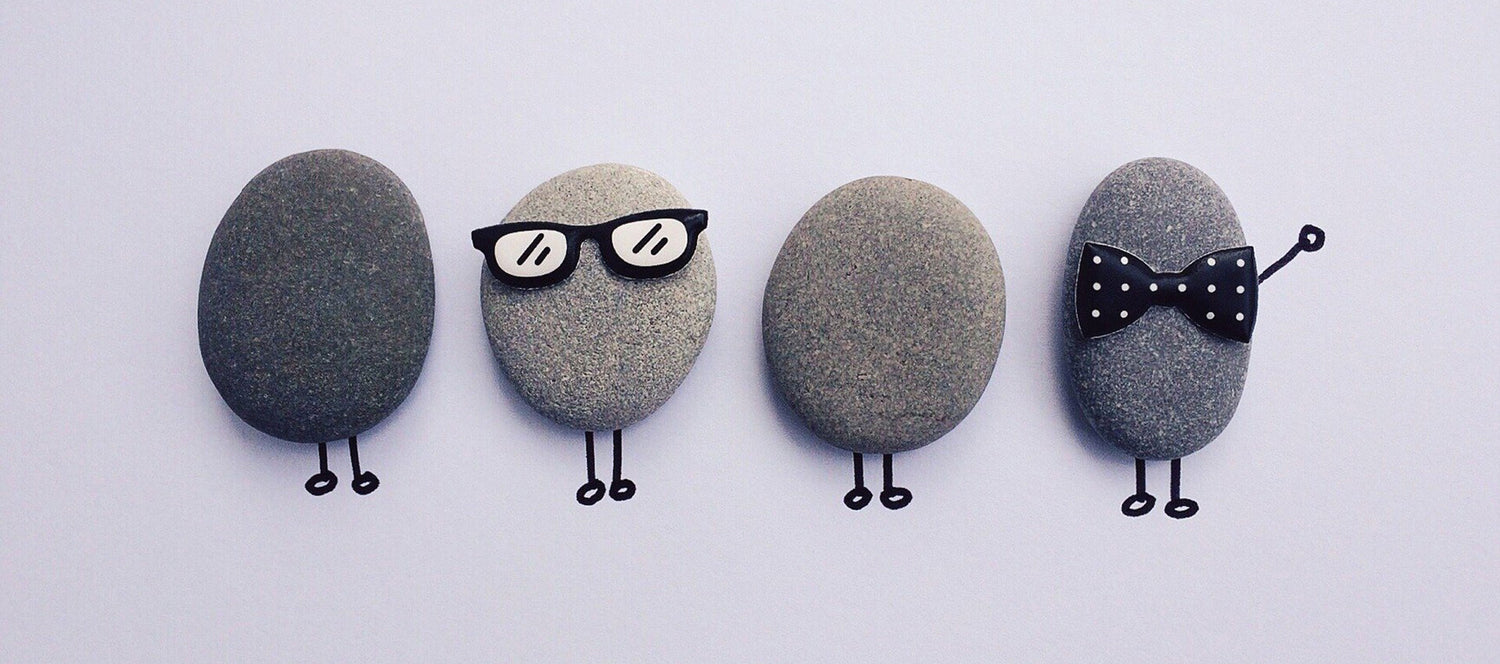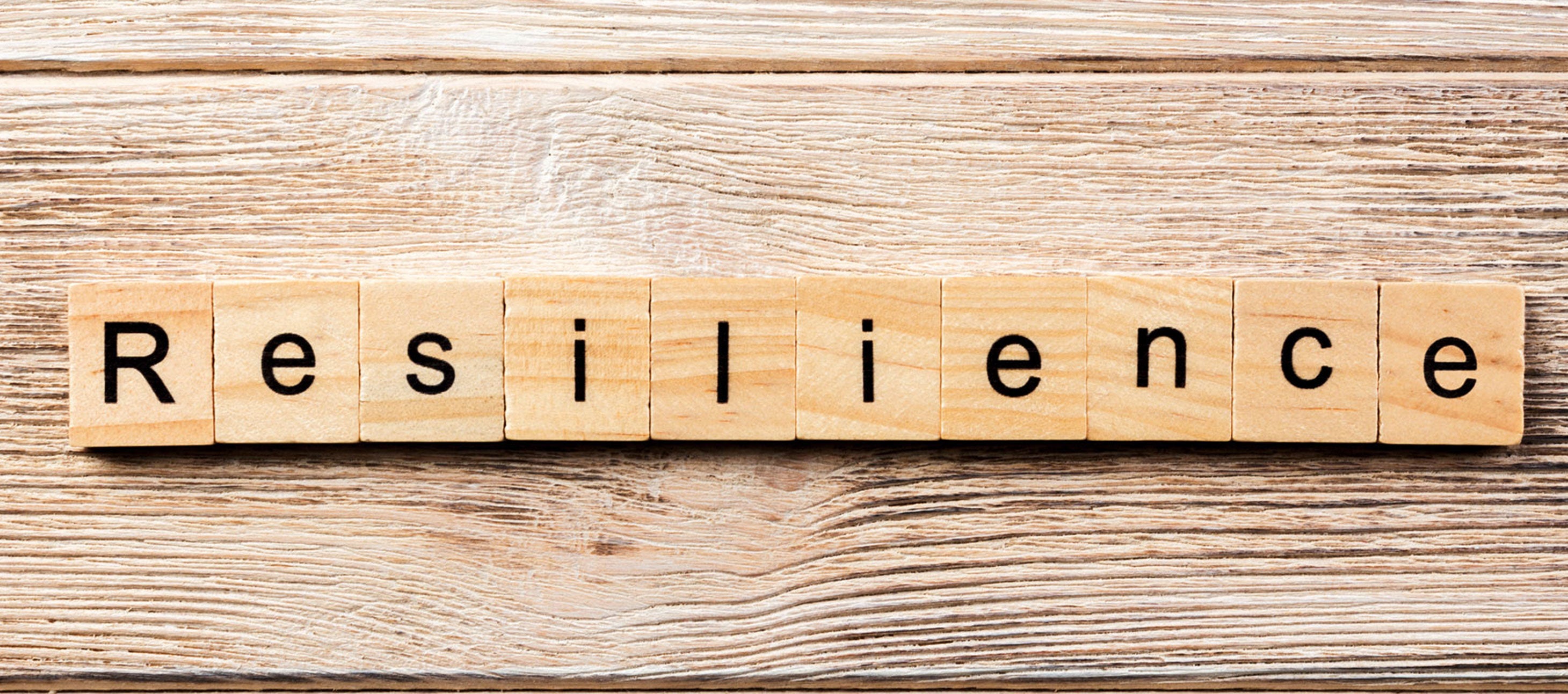Yes, the word ‘difficult’ has purposely been struck through. A business coach once told me that there is no such thing as a difficult person – we should do away with that label as it is unhelpful and often unfair – it becomes a self-fulfilling prophecy – instead, we should reiterate positive intentions and deal with the facts and not opinions in situations.
Reactive to Proactive
Disputes often occur due to mis-communication, whether it be a misunderstanding or a mis-interpretation. Have positive intentions and lead with a proactive rather than a reactive approach. Focus on facts and proactively lead a conversation to establish the facts. Even by entering an interaction with a proactive shift in your body language and demeanour can have such a positive effect on the outcome. It isn’t easy not to react negatively, but taking a moment to ‘think before you speak’ will pay huge dividends.
A favourite acronym I learnt from my daughter’s reception teacher was:
Before you speak THINK:
T – is it True?
H – is it helpful?
I – is it inspiring?
N – is it necessary?
K – is it kind?
Pick your battles
Choose carefully what to get involved in. Run through a cost-benefit analysis of the situation – does a situation truly require your time and energy? Does the benefit of getting involved outweigh the negatives? Would it perhaps be better to empower the other parties to deal with the situation themselves?
Detach yourself
Picture yourself looking down on a situation from above – this helps you to remove your emotions from a situation. Coach yourself through it by saying “I need to keep my emotions in check. I need to preserve my energy and not get dragged into a lengthy dispute. I need to keep calm and in control.”
Visualise yourself as a rational, calm, level-headed being and have the self-belief that you can deal with potentially tricky/charged situations and won’t react irrationally regardless of how the other person behaves. If you have children you’re probably well versed in this skill!
Don’t take it personally
Everyone is hard-wired to look out for themselves and often a person’s behaviour is more a reflection of them than you. It isn’t easy, but we must try to detach ourselves when someone is displaying what we view as negative behaviour/language towards us and assess the situation in an objective manner. Remember too that cultural differences play a huge part in how people communicate differently. What we may interpret as someone being aggressive and angry could also be seen as them being passionate and enthused – it depends on your viewpoint.
Separate the person from the issue
There will always be different perspectives to any situation. What we must try to do is separate the person from the issue. Often there is much more to a situation than is initially evident; take the time to listen and explore what has led to the point you/they are at now. Show empathy towards the other person, but focus on the facts and work towards a resolution.
Emotional intelligence
Being professional doesn’t mean you can’t display softer traits such as humour and kindness. In fact, professionalism is as much about being humble, honest and demonstrating integrity as it is about your level of expertise and knowledge. Developing our emotional intelligence is a key skill in all aspects of life, not just work.
Remember too that humour goes a long way to help establish rapport and connect with someone. It can be a very useful tool to help soften a situation (when used correctly of course!)
Celebrate our differences
We all need to be more self-aware – there will be aspects of our characters that we need to dial down and others that we need to dial up depending on the situation.
More introverted characters will be seen to shy away from situations that could be viewed as confrontational, whereas more extrovert personalities can come across as more domineering and over-powering.
Just because someone is different to you it doesn’t mean that one of you is right and the other one is difficult. We need to be more excepting and realise that we all just want resolution.
By making a conscious effort to be more objective, seek facts not opinions and manage our own emotions, we can all get along better, work together more effectively and achieve so much more.


